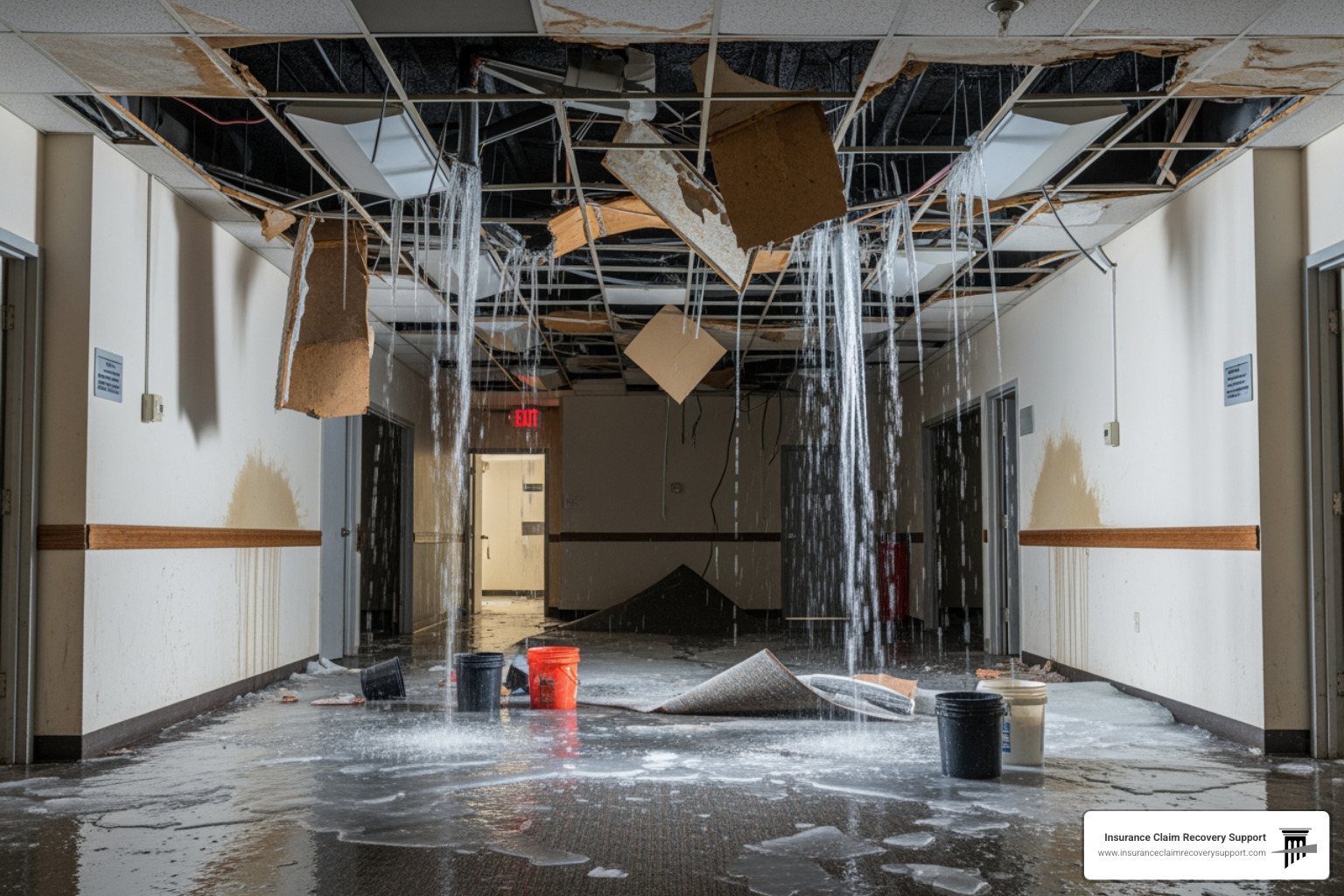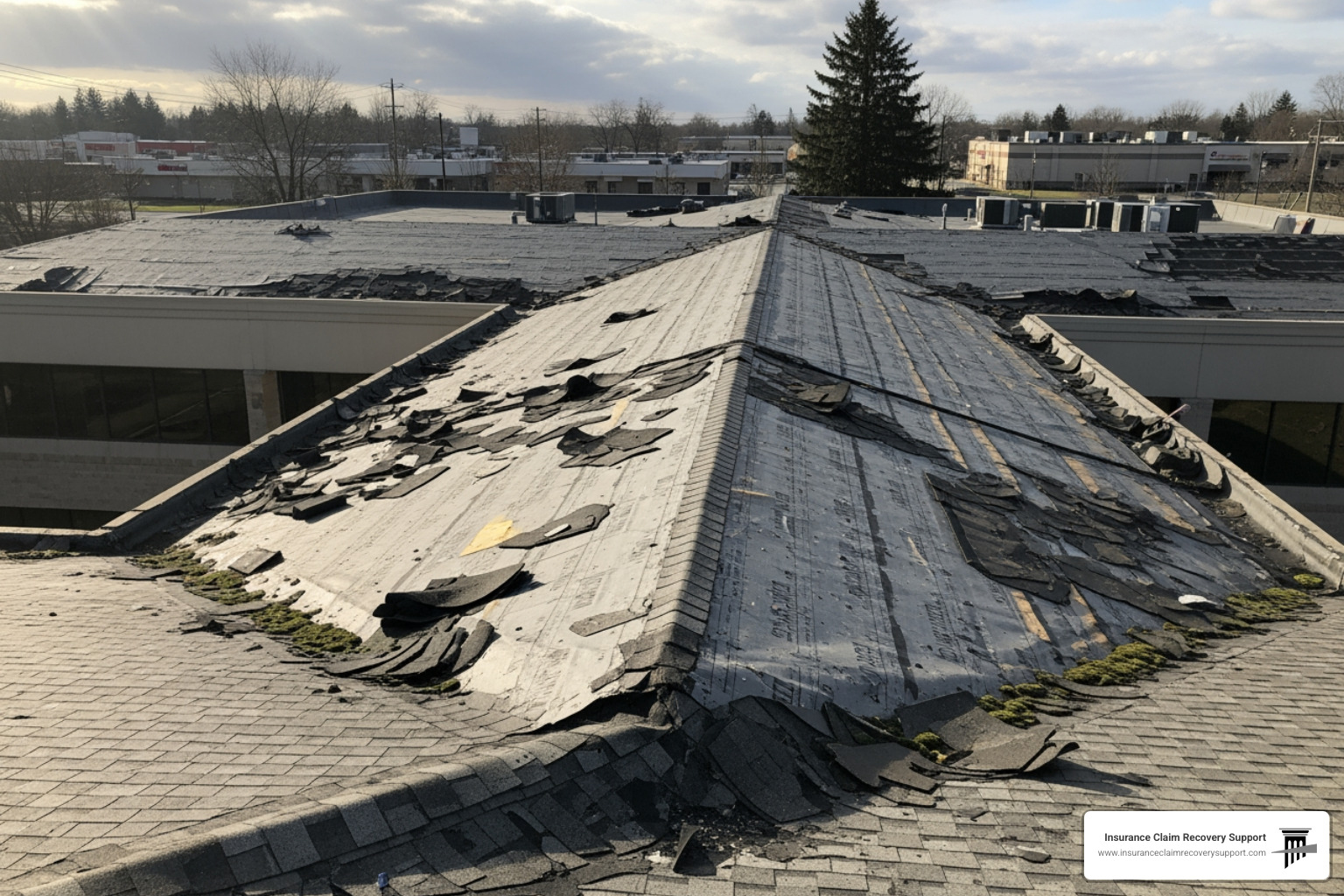How to negotiate a settlement with an insurance claims adjuster can often seem daunting, especially when faced with property damage from catastrophic events like fire, hail, or flood. At its core, successful negotiation with an insurance adjuster involves a few essential steps: preparation, understanding your policy, securing ample evidence, and knowing your bottom line. Engaging a public adjuster can also be invaluable, as they work to ensure you receive a fair settlement. Adjusters are not just assessing your loss—they work for the insurer, and their goals may not align with yours.
Negotiation with an insurance claims adjuster is like a chess game. You need to understand their tactics—often designed to dissuade or undercut your claim—and carefully plan your moves. From gathering evidence and correctly interpreting policy documentation to effectively presenting your case, every step can significantly affect your settlement outcome.
Hello! I’m Scott Friedson, an experienced public adjuster with extensive knowledge on how to negotiate a settlement with an insurance claims adjuster. My years of working on high-value claims have equipped me with the skills to maximize settlements for property damage.
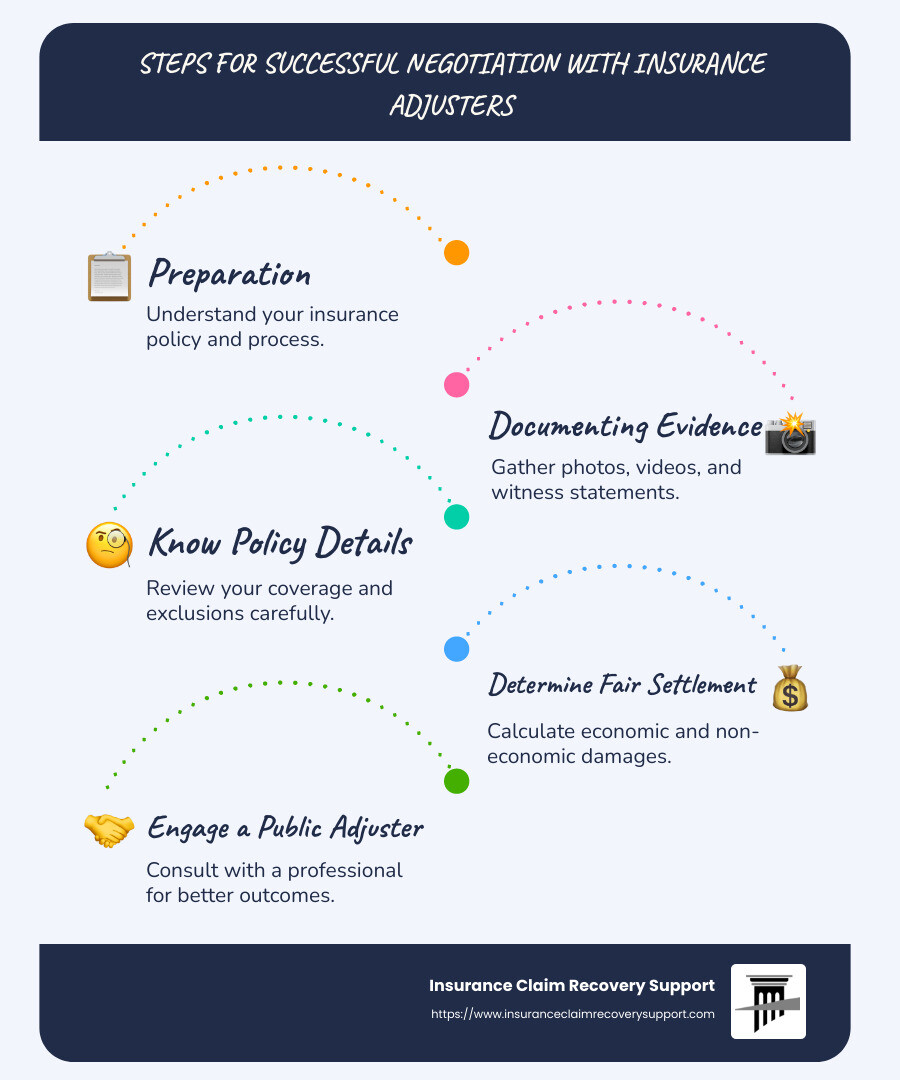
Understanding the Role of Insurance Adjusters
When dealing with property damage claims, it’s crucial to understand the roles of claims adjusters and public adjusters. Each plays a distinct part in the claims process, and knowing the difference can significantly impact your settlement.
Claims Adjusters
Claims adjusters work directly for the insurance company. Their main job is to evaluate your damage and determine how much the insurer should pay. They aim to minimize payouts, keeping the company’s interests in mind. This often means they might not account for all your losses, especially ones that aren’t immediately obvious.
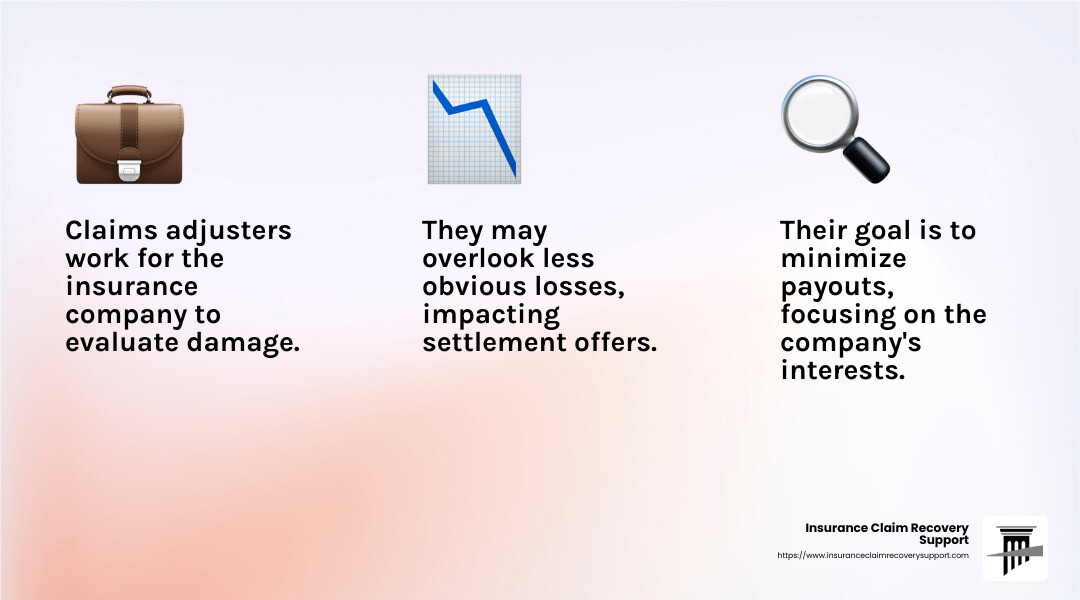
Claims adjusters are not your allies. Their role is to protect the insurance company’s bottom line. This means they might use tactics like withholding certain coverage information or presenting low initial offers to see if you’re aware of your policy’s full benefits.
Public Adjusters
On the flip side, public adjusters are hired by you, the policyholder. They represent your interests, not the insurer’s. Their goal is to ensure you receive the maximum settlement possible. Public adjusters are paid a percentage of your claim amount, which motivates them to negotiate the highest payout for you.
Public Adjusters vs. Claims Adjusters
| Public Adjuster | Claims Adjuster |
|---|---|
| Hired by policyholder | Employed by insurance company |
| Represents policyholder’s interests | Represents insurance company’s interests |
| Paid a percentage of claim | Paid a salary/wage by insurer |
| Aims to maximize settlement | Aims to minimize payout |
Policyholder Rights
As a policyholder, you have rights that protect you during the claims process. Understanding these rights is crucial. For example, you have the right to:
- Review and understand your policy: Know what you’re covered for before a claim arises.
- Challenge the insurer’s decisions: If you disagree with the adjuster’s assessment, you’re entitled to dispute it.
- Hire a public adjuster: You’re allowed to seek help from professionals who can advocate on your behalf.
Knowing your rights can empower you to make informed decisions and push back when necessary. If disputes arise, having a knowledgeable ally like a public adjuster can ensure you’re treated fairly by the insurer.
By understanding these roles and rights, you can better steer the complexities of the claims process and work towards a fair settlement.
How to Negotiate a Settlement with an Insurance Claims Adjuster
Gathering Evidence and Documentation
When negotiating a settlement, preparation is your best friend. Start by gathering all the evidence related to your property damage. This includes photos, videos, and eyewitness statements. The more evidence you have, the stronger your case will be.
Why is this important? Insurance companies rely heavily on documented evidence. A picture of the damage or a video showing the aftermath can be more convincing than a verbal description. Eyewitness statements can further support your claim by providing an unbiased account of the incident.
Make sure to organize this evidence neatly. Having everything in order will not only help you present your case clearly but also show the adjuster that you’re serious about your claim.
Calculating a Fair Settlement Amount
Once you have your evidence, the next step is settlement calculation. You need to determine what is fair compensation for your losses. This involves considering both economic damages and non-economic damages.
Economic Damages are the tangible costs you incur. Think of repair bills, replacement costs, or any lost income if the damage affected your ability to work. These are usually straightforward to calculate because they involve actual receipts and bills.
Non-Economic Damages are a bit trickier. These include things like pain and suffering or emotional distress. While these are harder to quantify, they are just as important. Consider how the damage has affected your life, and be prepared to explain this to the adjuster.
To arrive at a fair settlement amount, add up all your economic damages and then estimate a reasonable figure for your non-economic damages. You might want to consult a professional or use online tools to help with this calculation.
Knowing your bottom line is crucial. Have a clear idea of the minimum amount you are willing to accept. This will keep you grounded during negotiations and help you avoid settling for less than you deserve.
By preparing thoroughly and calculating your settlement carefully, you’ll be in a strong position to negotiate effectively with the insurance claims adjuster.
Effective Strategies for Negotiating with Insurance Adjusters
When you’re negotiating a settlement with an insurance claims adjuster, the first offer you receive is often just a starting point. Adjusters typically aim low to save their company money. But don’t worry—this is just the beginning of the negotiation process.
Challenging the Adjuster’s First Offer
Don’t accept the first offer right away. Instead, take a deep breath and prepare to challenge it. You need to back up your counteroffer with solid evidence and a clear justification for why you believe a higher amount is warranted. You have already gathered evidence and calculated a fair settlement amount. Use these to explain why the initial offer doesn’t meet your needs.
Justification is key. For instance, if the adjuster offers you $5,000 but your evidence shows that your economic damages alone are $7,000, make sure to point this out. Provide a detailed breakdown of your costs, supported by receipts and estimates. This approach not only shows that you’re informed but also that you’re serious about getting a fair deal.
Using Polite and Respectful Communication
Stay polite and respectful. Even if the process becomes frustrating, maintaining a respectful demeanor can go a long way. A calm and clear conversation is more likely to lead to a positive outcome than an adversarial one. Use phrases like “I understand your position, but…” to keep the dialogue open and constructive.
Avoid admissions of fault. Be careful with your words. Even simple expressions of regret can be misconstrued as admitting responsibility. Stick to the facts and let the evidence speak for itself. For example, instead of saying, “I’m sorry this happened,” say, “Here’s what the evidence shows.”
Clear communication is crucial. Ensure your points are concise and focused. Avoid rambling or getting sidetracked. This will help you stay on topic and prevent misunderstandings. Each time a new offer is made, request it in writing. This creates a clear record of the negotiation process and ensures there are no misunderstandings about the terms.
By challenging offers with well-prepared evidence and maintaining polite communication, you set the stage for a more favorable settlement. The goal is not just to negotiate, but to negotiate effectively.
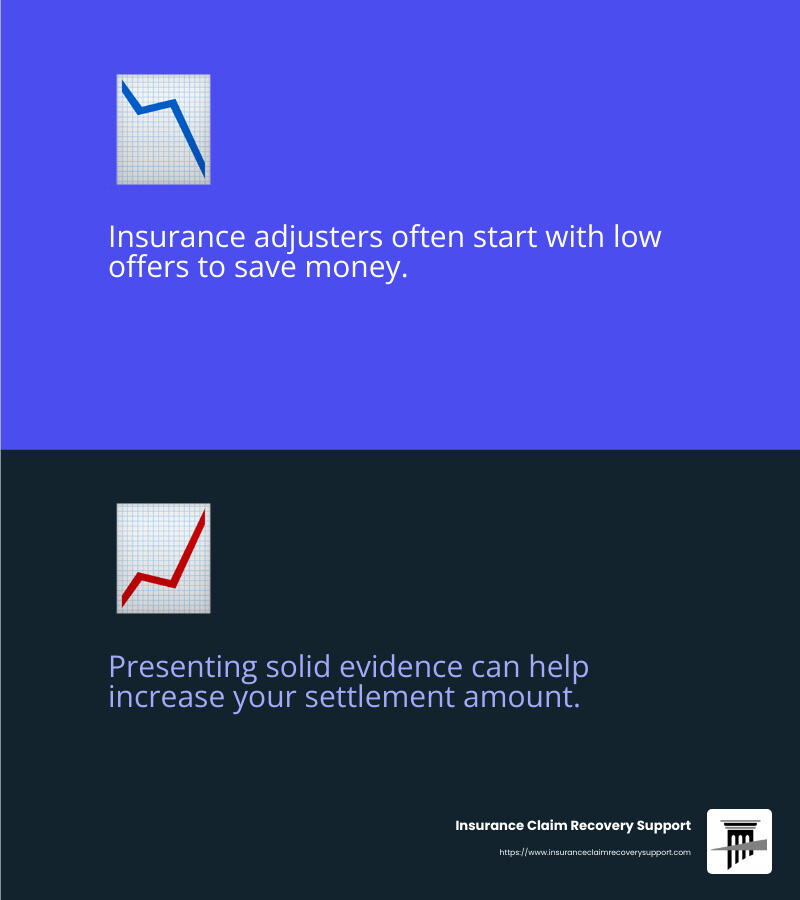
Frequently Asked Questions about Negotiating Settlements
How to respond to a low settlement offer?
Receiving a low settlement offer can be frustrating, but it’s important to stay calm and focused. Responding in writing is the best approach. This creates a clear paper trail and shows that you are serious about your claim.
Start by drafting a written response that outlines why the offer is insufficient. Use the evidence you’ve gathered, like photos, receipts, and estimates, to support your claim. Clearly state your counteroffer and back it up with facts. For example, if you’ve documented $8,000 in damages but were offered $4,000, explain the gap with evidence.
Counteroffers should be reasonable and based on the evidence. Your goal is to show the adjuster that you’re well-prepared and that your request is justified. This approach not only strengthens your position but also encourages the adjuster to offer a more realistic settlement.
Can you negotiate with insurance adjusters?
Yes, you absolutely can and should negotiate with insurance adjusters. Negotiation is a normal part of the claims process. The first offer is usually not the final one. Insurance companies often start low to see if you’ll accept less than what you’re entitled to.
Be prepared to engage in reasonable offers and counteroffers. This means knowing the value of your claim and standing firm on your evidence-based demands. Be clear about what you need and why, and don’t be afraid to push back if the offers don’t meet your expectations.
Negotiation is a two-way street. By being informed and assertive, you can work towards a settlement that fairly compensates you for your losses.
What not to say when talking to an insurance adjuster?
When dealing with an insurance adjuster, it’s crucial to avoid certain pitfalls. Never admit fault. Even casual statements like “I didn’t see the car coming” can be used against you. Stick to the facts and let the evidence speak for itself.
Avoid making speculative statements. Don’t guess or provide opinions about the accident or your injuries. For instance, saying, “I might have been going too fast,” can harm your case. Keep your statements factual and based on the evidence you have.
Finally, always ask for everything in writing. This ensures there’s a record of what was discussed and agreed upon, protecting you from any misunderstandings or misrepresentations later on.
Conclusion
Navigating insurance claims can be daunting, but you don’t have to do it alone. At Insurance Claim Recovery Support, we are dedicated to advocating for policyholders. Our mission is to help you secure the fair settlement you deserve. Our team of expert public adjusters is committed to representing your best interests, ensuring you receive the maximum compensation for your property damage claims.
Insurance Claim Recovery Support specializes in handling claims for fire, hail, hurricane, tornado, lightning, freeze, and flood damage. We understand the complexities involved in these cases and are here to guide you through each step. From gathering evidence and calculating a fair settlement amount to challenging adjusters and negotiating offers, we are your advocates.
Our approach is simple: we put policyholders first. We know that dealing with property damage can be stressful, especially when faced with the tactics of insurance companies. That’s why we focus on advocacy and fair settlements, ensuring no detail is overlooked. We work tirelessly to maximize your settlement, allowing you to focus on what matters most—rebuilding and moving forward.
If you’re looking for a partner who will stand by your side and fight for your rights, contact us today. Together, we can steer the insurance claim process and work towards a fair and just settlement.


